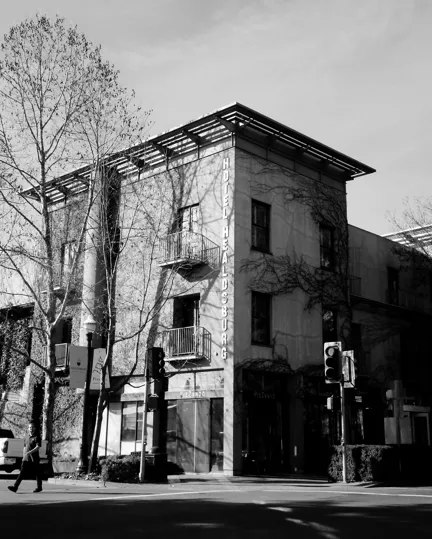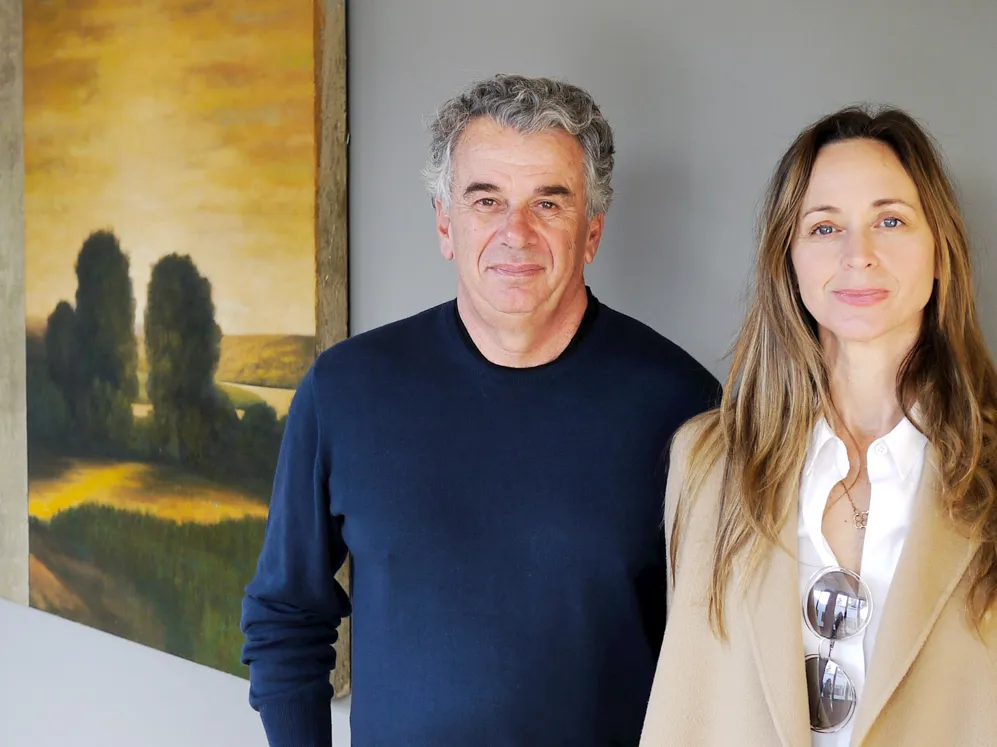
Words Scott McGillImages Nada Lottermann & Vanessa Fuentes
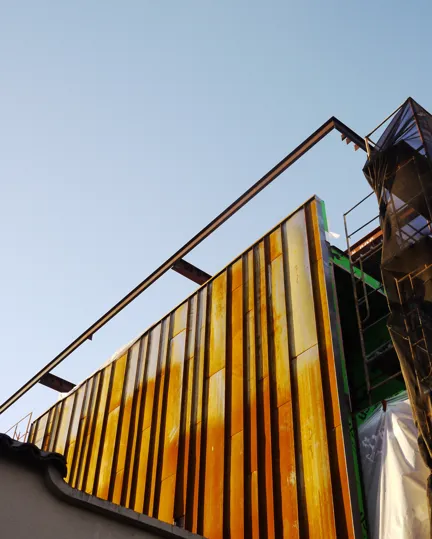
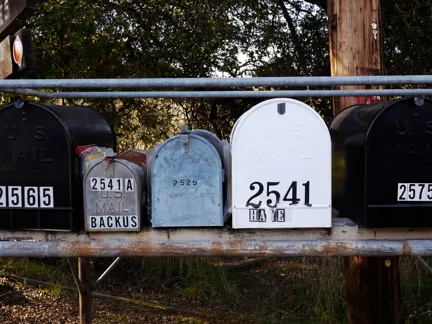
Paolo Petrone: I started out working in my family’s restaurants back in New York. When I was a kid I used to go mushroom hunting, and then my mom used to cook whatever I found. In our family, we always had a passion for food. It dictates my lifestyle and always will. As I got older, I started getting involved with my family’s nightclubs, and then we moved on to build smaller hotels in the San Francisco area. I met Circe and Merritt Sher in 1999, and we thought that their expertise and my experience made for a great combination.
Circe Sher: We actually collaborated with Claus [Claus Sendlinger, Founder of Design Hotels] in the early 1990s. I worked for the mayor of San Francisco, representing him on international trade missions, and I was walking around Paris one day and stumbled upon this perfect little hotel, which unfortunately doesn’t exist anymore. I loved the place, and I was fascinated by how well-designed their brochure was. I walked into my father’s office with the brochure and said, “Hey Dad, look at this brochure for this cool hotel I stayed in”. He turned it over and there was the Design Hotels logo on the back, and that’s when we first got in touch with Claus.
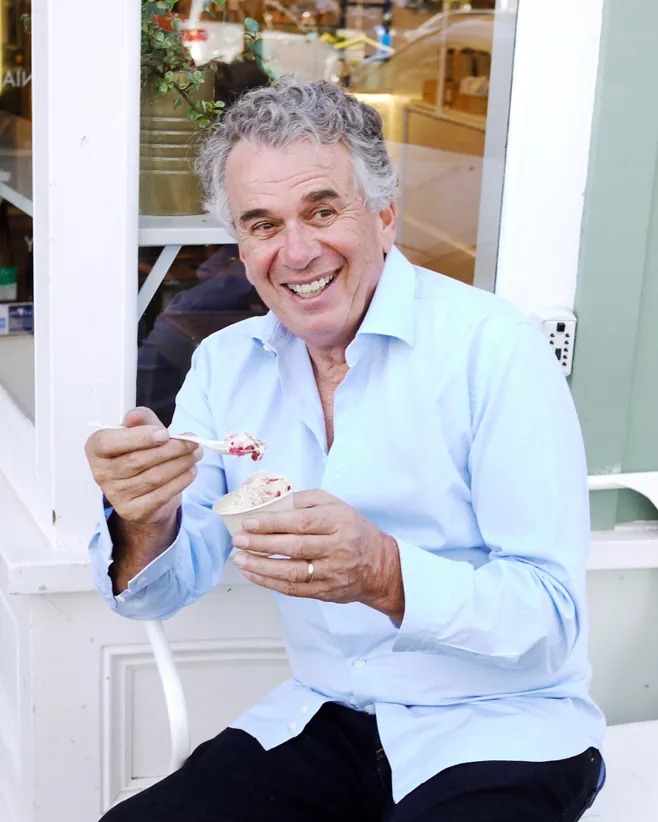
Paolo Petrone
PP: I see a likeness between the Italian region of Umbria and Healdsburg. In my home country, Tuscany gets all the attention, but all the locals go to Umbria. And in California, Napa gets all the tour buses, but Healdsburg is a more authentic alternative. Here, you get to meet the real winemaker, the real farmer, and experience the real city.
CS: Healdsburg is a working agricultural town, which you can taste in the freshness of the food and you can see around the plaza, especially when there’s a tractor taking up a parking space. It’s also a place that has attracted a lot of creative people, from winemakers and chefs to artists and independent shopkeepers. We fell in love with this combination and knew it was a destination that people would want to come to. Being in a place where agriculture and the environment are so central to the economy, environmentalism is part of the community ethos, along with a consideration for one’s social environment. These ideals really aligned with ours, and we try to practice it through our business philanthropy including offering scholarships to our employees, supporting arts through local educational organizations, and supporting non-profit environmental organizations such as the Russian Riverkeeper.
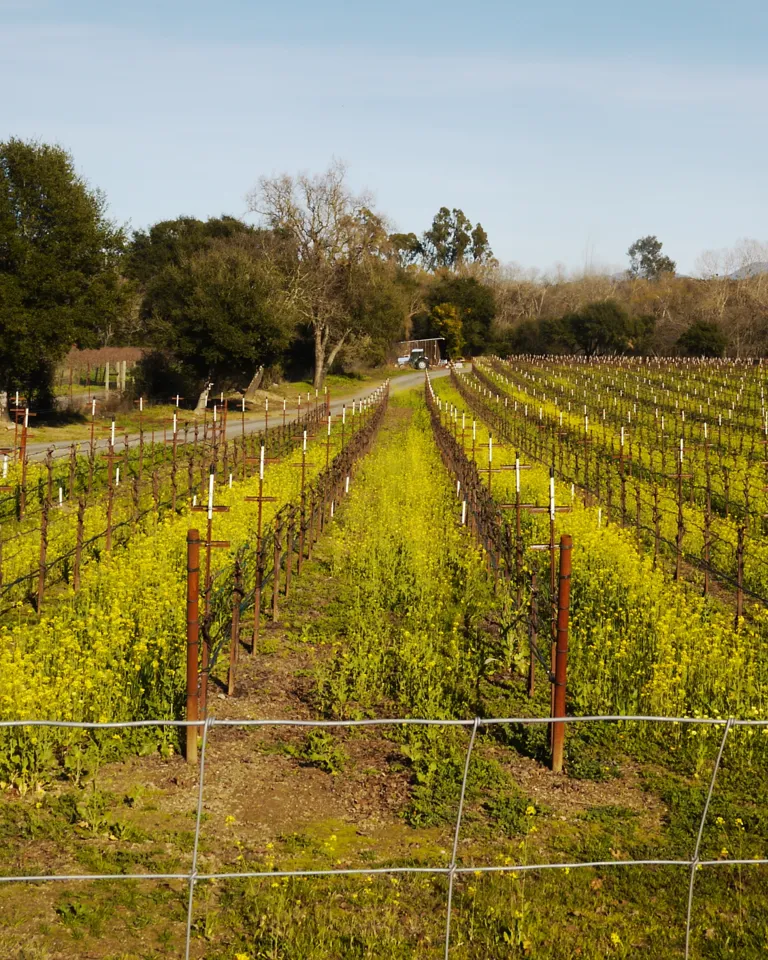
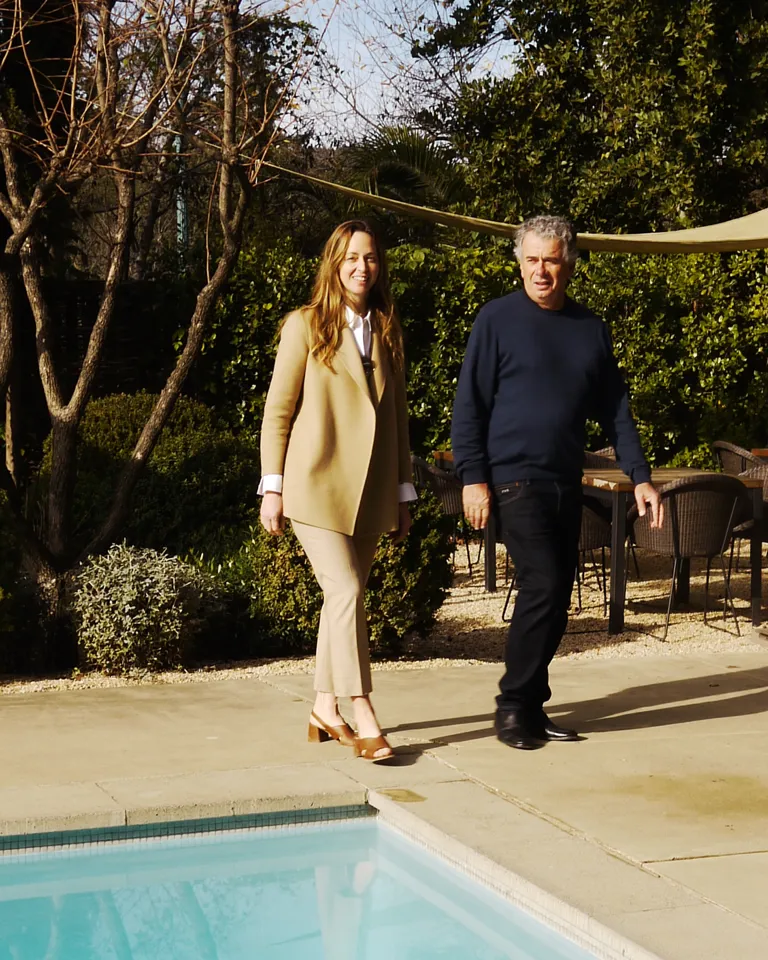
CS: My family and I have always valued art as an energizer for spaces and communities, so much so that we helped launch a gallery in Oakland, California that acted as a platform for emerging artists from the area. Art in our hotels is one of the elements that really defines the experience. We collaborate with artists who want to work with the architecture to create something that’s integrated into the setting. When we’re building, we’re always sharing ideas with the artists and ensuring that there’s an ongoing dialogue with everyone involved.
PP: Also, we wanted to choose an architect who had never done a hotel before. We wanted a fresh mind, without preconceptions, and we wanted someone who would naturally look to the artists for guidance. Actually, Hotel Healdsburg’s architectural layout is conducive to defining our place in the community. Locals feel very comfortable passing through the lobby—which is also a venue for things like live jazz, book readings, and so on—and we’re really happy with that. The community has given us the warmest welcome, and we want to give something back.
